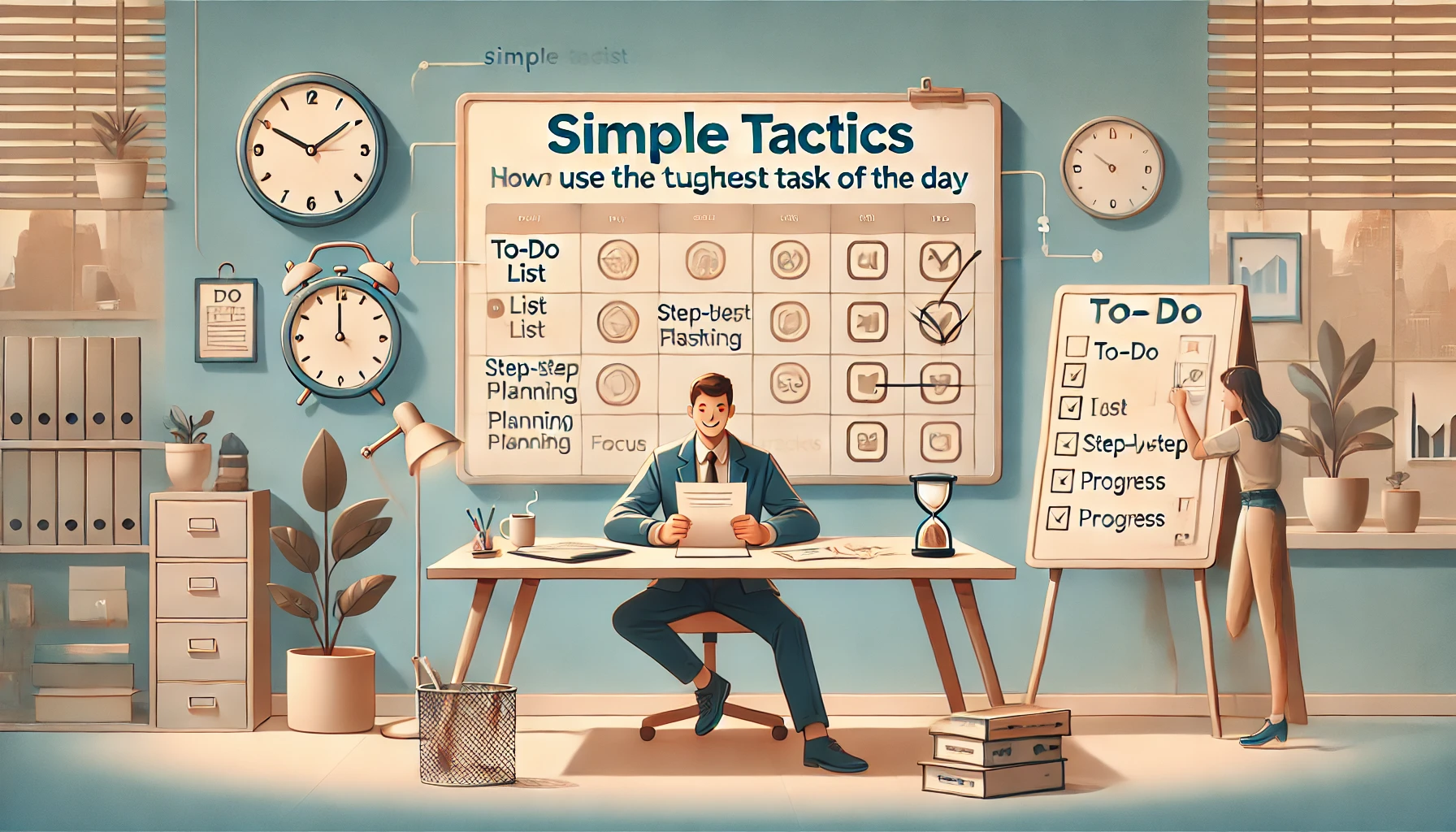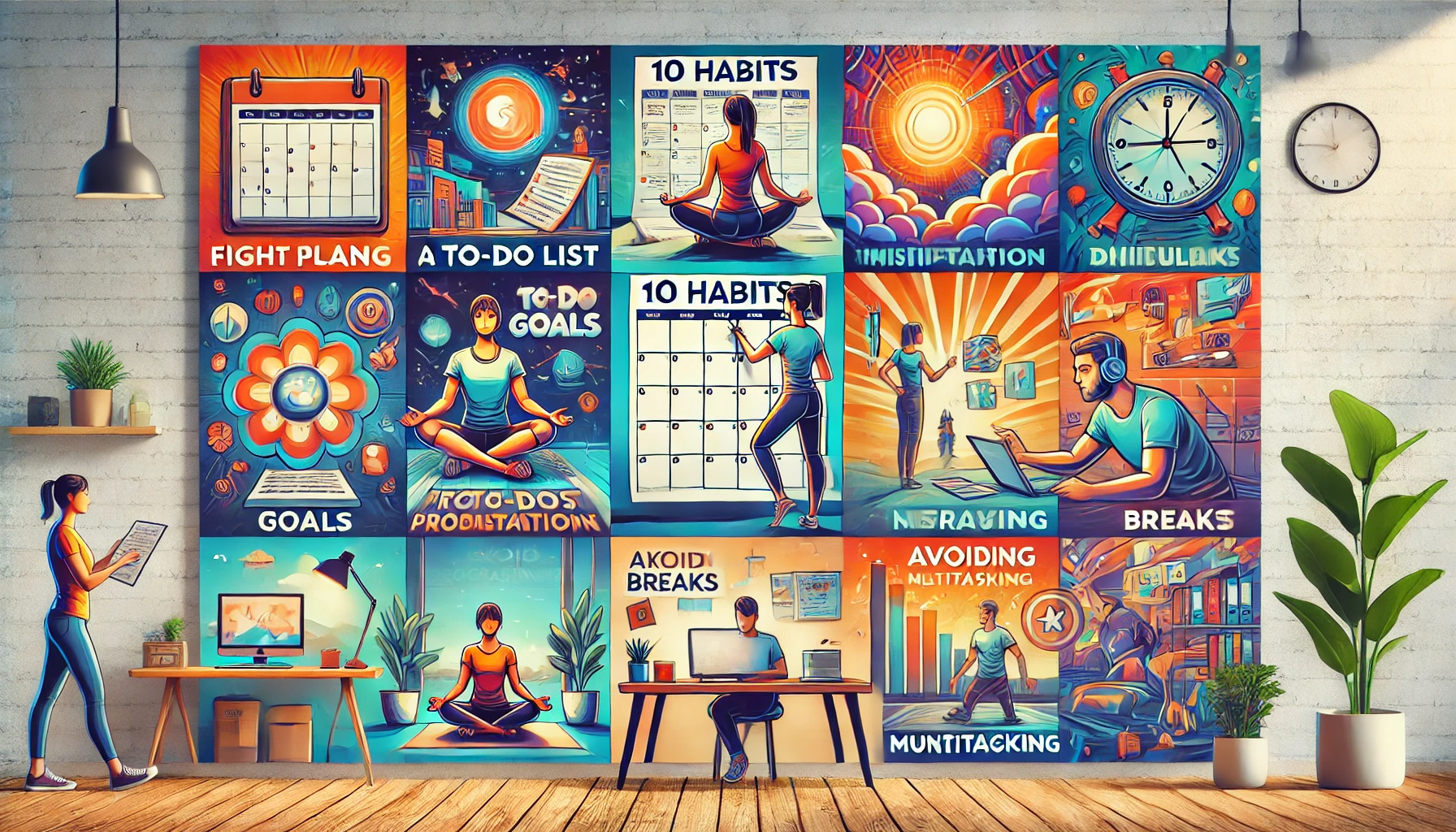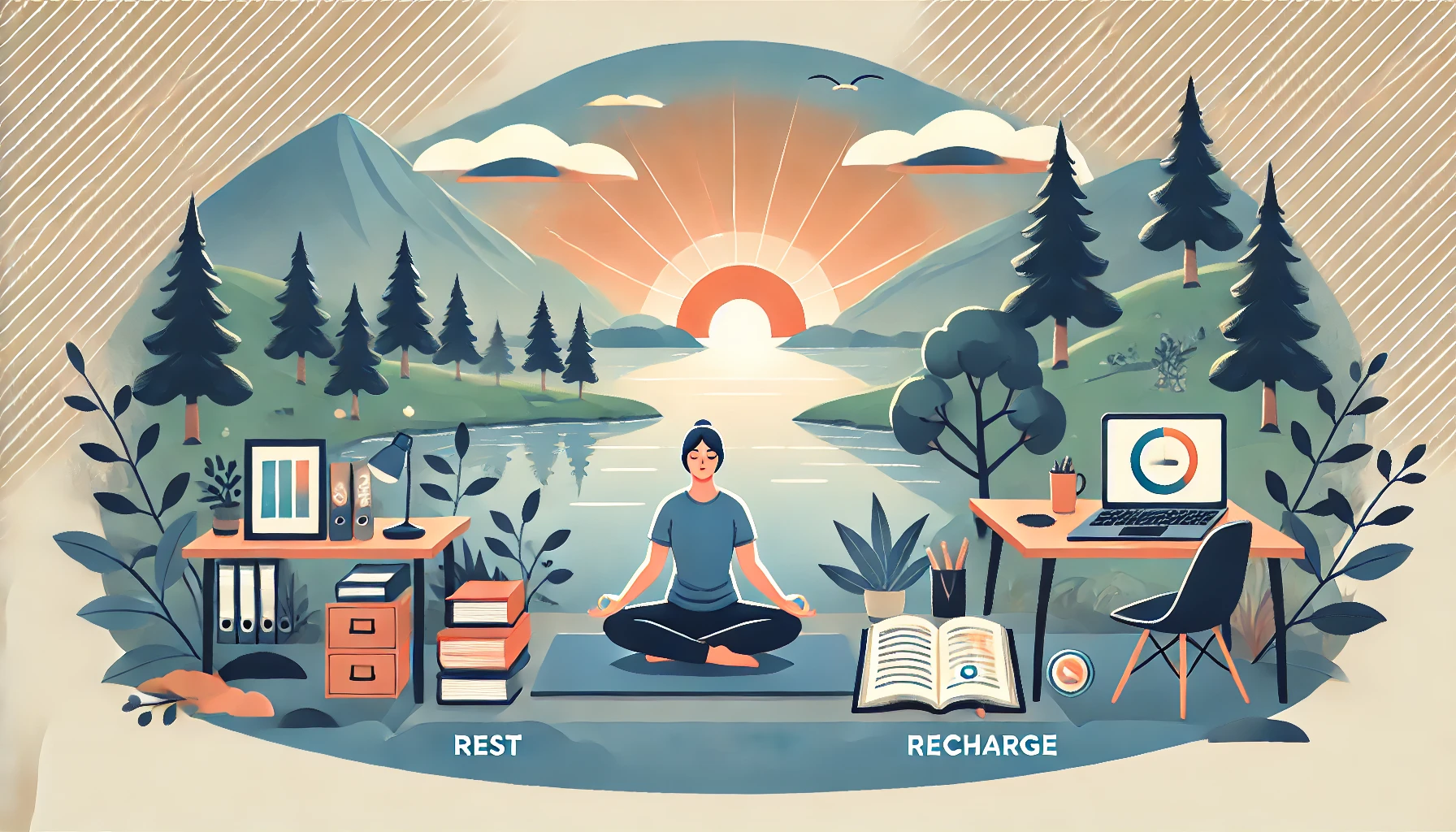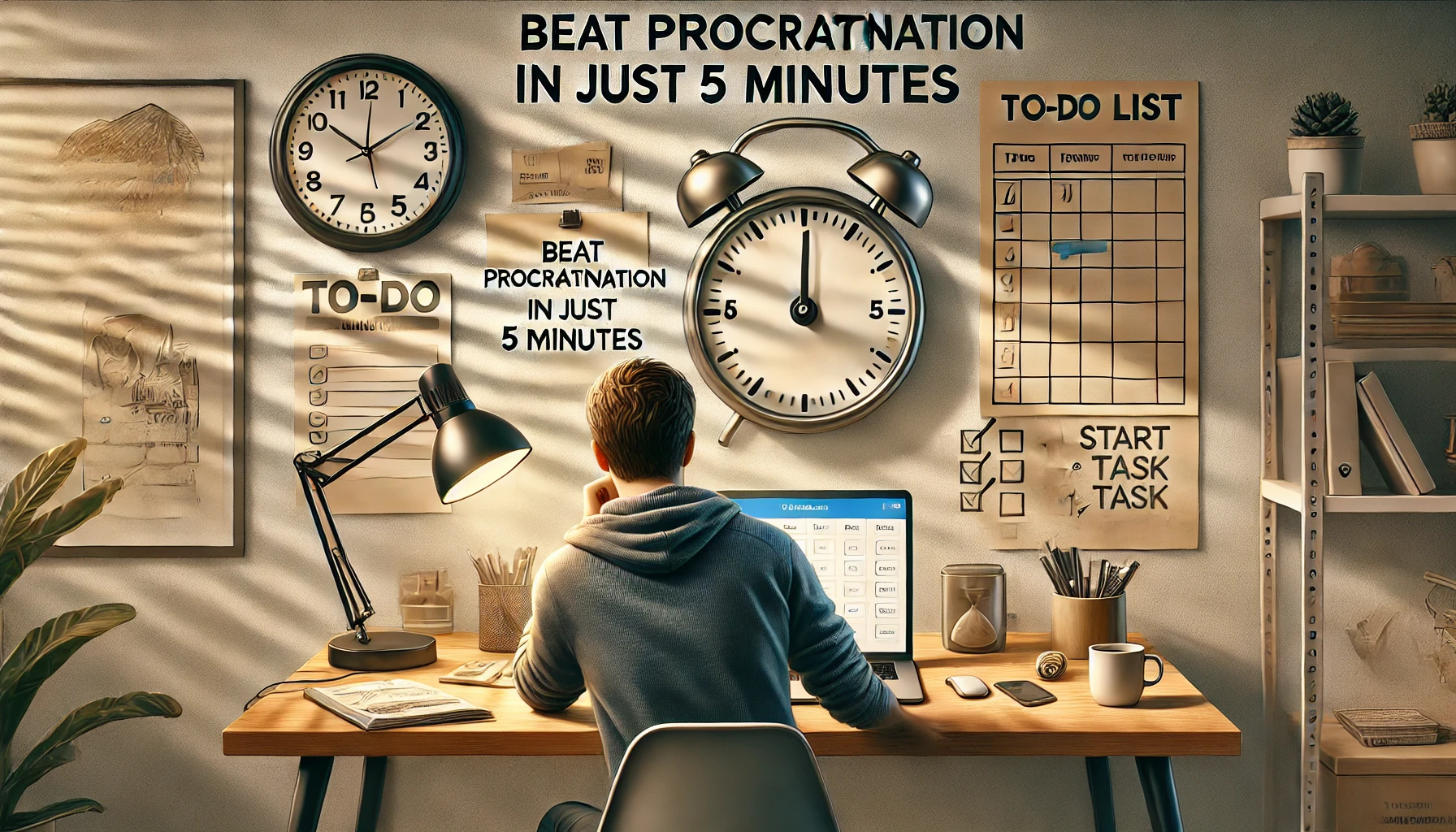Many people believe that talent, intelligence, or luck determines success. While these factors can help, self-discipline is often the true key to long-term achievement and a fulfilling life.
Self-discipline is the ability to do what needs to be done, even when you don’t feel like it. It helps you stay focused on your goals, resist distractions, and push through challenges. Without it, even the most talented individuals struggle to reach their full potential.
In this article, you’ll learn how self-discipline influences your success, health, and overall quality of life, and practical ways to strengthen it.
Why Self-Discipline is the Foundation of Success
Self-discipline allows you to:
✅ Stay consistent – Small daily actions lead to big results over time.
✅ Resist distractions – Focus on long-term rewards instead of short-term pleasure.
✅ Overcome procrastination – Take action even when you don’t feel motivated.
✅ Improve decision-making – Make choices based on logic and goals, not impulses.
How Lack of Discipline Limits Success
| Without Self-Discipline | With Self-Discipline |
|---|---|
| Procrastinates and misses deadlines | Takes consistent action and finishes tasks |
| Gives in to distractions | Stays focused on priorities |
| Feels frustrated with lack of progress | Builds habits that lead to long-term success |
| Struggles with health and financial decisions | Makes smart choices for well-being and stability |
Self-discipline is not about punishing yourself—it’s about developing habits that make your life easier, more successful, and more fulfilling.
How Self-Discipline Improves Your Quality of Life
1. Achieving Your Goals Becomes Easier
Many people set goals but never achieve them because they rely on motivation alone. The problem? Motivation is temporary—it comes and goes.
✅ How Self-Discipline Helps:
- You take action even on days when you don’t feel motivated.
- You develop habits that turn effort into automatic behavior.
- You focus on long-term progress, not just quick results.
📌 Example: If you want to write a book, motivation might help you start, but discipline ensures you write consistently every day until it’s finished.
2. Better Health and Fitness
Self-discipline plays a huge role in maintaining a healthy lifestyle. Without it, unhealthy habits like overeating, skipping workouts, or sleeping late become the norm.
✅ How Self-Discipline Helps:
- You choose nutritious meals instead of processed junk food.
- You stick to a workout routine, even when you don’t feel like exercising.
- You develop better sleep habits, improving energy and mental clarity.
📌 Example: Instead of skipping a workout because you’re tired, self-discipline helps you exercise for at least 10 minutes, knowing it will make you feel better.
3. Financial Stability and Success
Many financial problems stem from impulsive decisions and lack of discipline. Overspending, failing to save, or avoiding investments can keep you stuck in a cycle of financial stress.
✅ How Self-Discipline Helps:
- You stick to a budget and control unnecessary spending.
- You save money consistently, even in small amounts.
- You invest wisely, thinking about long-term financial growth.
📌 Example: Instead of spending money on impulse purchases, self-discipline helps you prioritize financial security and build wealth over time.
4. Stronger Relationships
Discipline isn’t just about personal goals—it also improves relationships by helping you develop patience, reliability, and emotional control.
✅ How Self-Discipline Helps:
- You listen more and react less, improving communication.
- You show up consistently for friends, family, and colleagues.
- You set boundaries, avoiding toxic or time-wasting relationships.
📌 Example: Instead of reacting emotionally during a disagreement, self-discipline allows you to pause, think, and respond calmly, strengthening your relationships.
5. Increased Confidence and Self-Respect
Every time you keep a promise to yourself, your self-confidence grows. Discipline helps you prove to yourself that you are capable of achieving what you set out to do.
✅ How Self-Discipline Helps:
- You develop a growth mindset, seeing challenges as opportunities.
- You gain respect for yourself because you follow through on commitments.
- You build a stronger, more resilient mindset that helps in all areas of life.
📌 Example: If you commit to waking up early and actually do it, your confidence naturally increases because you trust yourself to follow through.
How to Develop Stronger Self-Discipline
1. Start with Small Wins
Self-discipline is like a muscle—the more you train it, the stronger it gets. Start with small, achievable habits before tackling bigger challenges.
✅ How to Apply It:
- Make your bed every morning.
- Read 10 pages of a book each day.
- Exercise for just 5 minutes to build the habit.
📌 Why It Works: Small wins create momentum, making it easier to develop discipline over time.
2. Use the “5-Second Rule” to Take Action
When you hesitate, your brain looks for excuses to avoid tasks. The 5-Second Rule, created by Mel Robbins, helps you break this pattern.
✅ How to Apply It:
- The moment you feel resistance, count 5-4-3-2-1, then take immediate action.
📌 Example: If you’re delaying a workout, count down and start moving before your brain talks you out of it.
3. Remove Temptations That Weaken Discipline
Your environment influences your ability to stay disciplined. If temptations are always in front of you, discipline becomes harder.
✅ How to Apply It:
- Remove unhealthy snacks from your home.
- Use website blockers to avoid social media distractions.
- Keep your phone away from your bed to prevent late-night scrolling.
📌 Example: If you want to read more, place a book on your pillow so it’s the first thing you see at night.
4. Plan and Schedule Your Priorities
Discipline is easier when you don’t leave things to chance. Create a daily schedule that includes time for your most important tasks.
✅ How to Apply It:
- Use time blocking to assign specific hours for work, exercise, and relaxation.
- Set reminders and deadlines to stay on track.
- Plan your next day the night before to reduce decision fatigue.
📌 Example: If you schedule your workout at 7 AM every day, it becomes a habit instead of a decision you need to make.
5. Forgive Slip-Ups, But Never Skip Twice
Nobody is perfect, and you will sometimes slip up. The key is to avoid letting one mistake turn into a habit.
✅ How to Apply It:
- If you miss a workout, don’t skip it two days in a row.
- If you overspend, adjust your budget instead of giving up.
- If you procrastinate, forgive yourself and get back on track.
📌 Example: If you eat unhealthy food one day, don’t wait until next week to restart your diet—start fresh with the next meal.
Final Thought: Self-Discipline is the Path to a Better Life
Talent, intelligence, and motivation all play a role in success—but self-discipline is what turns goals into reality.
By developing discipline, you will:
✅ Achieve your goals faster and with less stress.
✅ Improve your health, finances, and relationships.
✅ Build confidence and long-term success.
Start today: Choose one small action, commit to it, and build the habit of discipline. Your future self will thank you.












Leave a Reply